|
I have always been a huge fan of Sue Whiting. I first saw her in action in 2010, when she presented sessions at a school Literary Festival. Students and staff were mesmerised! From memory, she called students to the front, recreating a ‘true-life’ adventure about Antarctica, complete with beanies and props, and lured everyone in with simply sublime storytelling. The punchline? “It was all a lie.” The young audience was gobsmacked. How could a story, with so much intrigue and detail, not be true?
This is how Sue Whiting works. Her stories lure readers in, involving them from the first page. In The Book of Chance, the opening sentence is a beauty – “I’m starting this story at the end.” What follows is an intriguing, thought-provoking and page-turning mystery. I devoured it in one sitting. Chance Callahan’s life is turned upside down when a reality TV show begins filming, and secrets and lies are exposed. Chance reluctantly has to face the reality that life isn’t black and white, and that deception, regardless of intention, can have significant consequences. Sue Whiting respects her young audience, and raises issues about social media, family and identity, the meaning of ‘truth’ and the plight of refugees without a hint of condescension. Complex characters and ethical dilemmas combine with plot twists and tension to create a story that will stay with the reader for a long time. The Book of Chance would be a wonderful book to explore with Stage Three and Stage Four students. Some ideas are below: Social and emotional learning
0 Comments
Magnolia Moon makes me wish I was 9 again simply because I’d love to call her my best friend. She is a delightful, quirky character with a unique outlook on life. Curiosity, wonder and a blissful imagination inform her world view, and she is a loyal and caring friend.
Edwina Wyatt has written some beautiful picture books (Together Always is a particular treasure), and this is her first foray into junior fiction. Hopefully it won’t be her last. The secrets of Magnolia Moon evokes a nostalgic, whimsical mood, achieved by Wyatt’s lyrical and playful writing style. The language itself is beautiful – imagery and metaphors abound, but it is the structure which gives it an ‘old-world’ feel. The overall narrative arc is the simple 12 month snapshot of Magnolia’s life, rather than a typical arc of rising tension throughout. Instead, Magnolia’s story is told in a series of vignettes, each focusing on a key event in her life, and each involving a secret of some kind. In this regard, it resembles a short story collection, with the 12 month thread neatly tying them all together. The secrets of Magnolia Moon is a perfect choice for a class read-aloud – perfect in terms of length, humour, ethical dilemmas, whimsy, particular interests… there’s something for everyone. However, for classes wishing to explore it in more detail, there is still plenty to unpack. Social and emotional learning:
Picture books and verse novels – both look easy until you try to write them. It’s true what they say – every word counts. As someone who has been labelled ‘Ms Verbosity’ in the past, I am in awe of writers like Pip Harry with the gift of distilling the very essence of individual characters with the brevity of astute observations.
The Little Wave introduces us to three distinct characters – Noah, Lottie and Jack. Harry’s lyrical writing ensures we empathise with each of their challenges, and celebrate their victories. Familiar themes in children’s books, such as bullying and social quirkiness are treated with depth and a range of perspectives. However, Harry moves beyond these themes, not shying away from bigger issues including hoarding and neglect which are captured authentically through the young characters’ eyes. This book is empowering without being didactic, and provides hope without being condescending. In short, this is an absolute gem of a book. As with other books on this year’s CBCA shortlist, there is so much potential for a rich and engaging novel study, for both advanced readers and those who find reading challenging. Some ideas are below:
Skylab. Memories… Like McKinlay’s central character, Frankie, I was 11 when the anticipation of Skylab hurtling to Earth consumed the media and lunchtime conversations. One afternoon, I was surprised and confused to arrive home later than my older brother, and demanded to know why he was home so early. “Didn’t you hear? Part of Skylab fell on my school, and we were all sent home.” I heard about chunks of metal raining down, injured kids, TV news crews and the evacuation of his immense school. I couldn’t wait to get to school the next day to discuss the huge news in great detail with my friends. You can imagine my chagrin at being called variations of liar and prankster. Skylab was still in the sky, Sydney was never really in danger, and my brother had spun a tale almost as believable as Meg McKinlay’s.
There was so much I loved about this book. The time period was captured perfectly – right down to Storm Boy as the class text. There was a seamless layering of love, grief, change, science, magic, relationships, communication and hope, and I was once again my 11 year old self navigating friendships (is this a fight?), school work and evolving family dynamics without the benefit of decades spent on the planet. The characters rang true, and the use of imagery and symbolism was powerful, yet understated. This would be a perfect book for a class study, as there is so much to unpack. Some ideas are below:
Bren MacDibble is no stranger to the CBCA shortlist. In 2018, her novel How to Bee took home the Book Of The Year gong, and I’m not surprised that The Dog Runner is in this year’s shortlist.
MacDibble is a master at creating worlds just out of reach of our reality. (Having said that, living through a pandemic makes me question how far off these scenarios really are…) The narrator, gutsy Ella, and her half-brother Emery with a host of big, strong and loyal canine companions, undertake a perilous journey of survival. First things first: this is a heart-stopping, fast-paced, roller-coaster of a read, and highly recommended for upper primary students. That’s a good enough reason to pick it up. However, as I can’t help myself, the possibilities for library and classroom use are immense.
I've only just started my annual exploration of the CBCA shortlist in the Younger Readers category for 2020, and if this one is anything to go by, the standard is really high! Kelly has managed to unpack many authentic struggles in this novel, and has accomplished this with sensitivity and honesty.
As a teacher-librarian, I was excited by the many possibilities this book presents. There are so many levels that can be explored - contrasting the point of view of Oliver's sister, mother and aunt and their interactions with Oliver, not to mention considering what life must be like for Oliver himself; the clever use of setting and imagery; and the recurring theme of fish and ocean life - being the observed and being the observer. As a reader, it was satisfying and thought-provoking. Kelly alludes to the gamut of challenges faced by the family - emotional, financial, social, just to name a few, all with a delicate touch. There was a well-balanced mix of tension and humour culminating at the end, resulting in a defining book of resilience and love. |
Categories
All
If browsing, remember to click the arrow at the bottom of the page for more content.
|
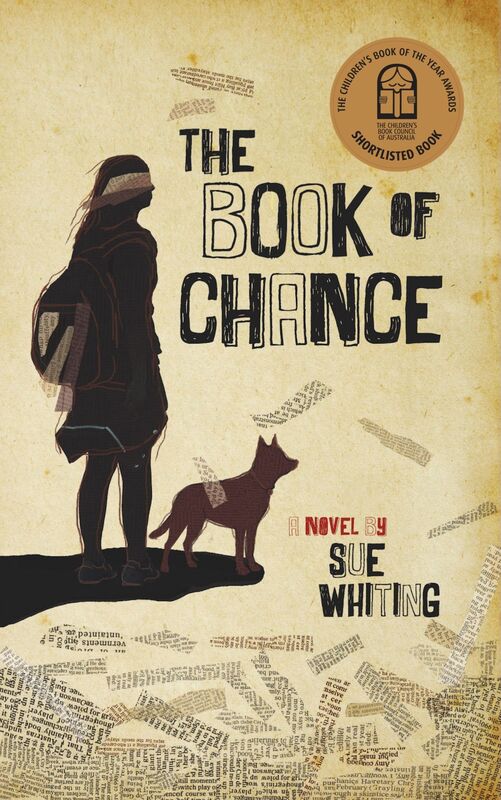
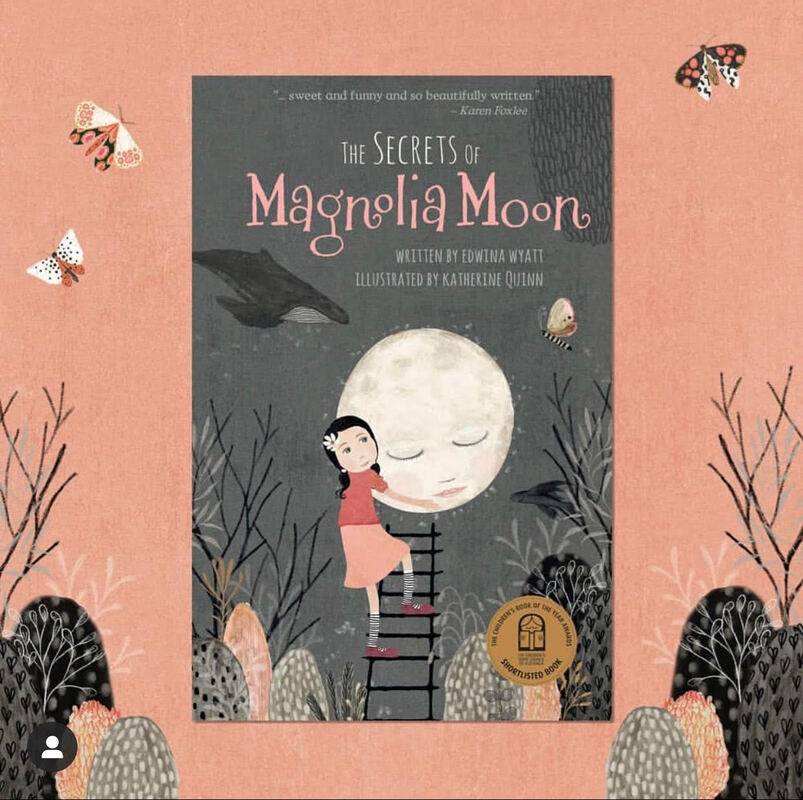
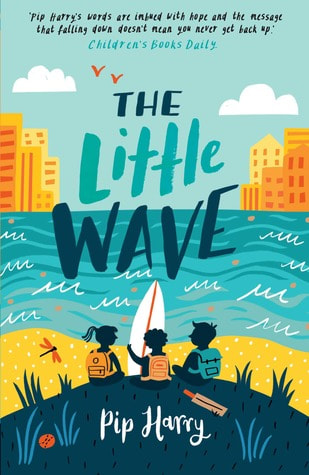
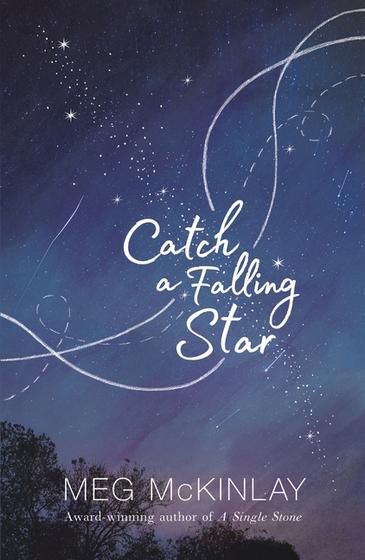
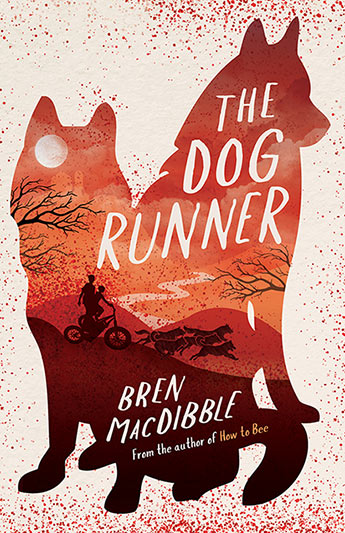
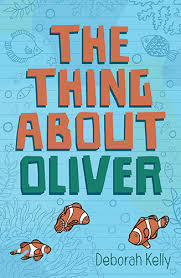
 RSS Feed
RSS Feed
